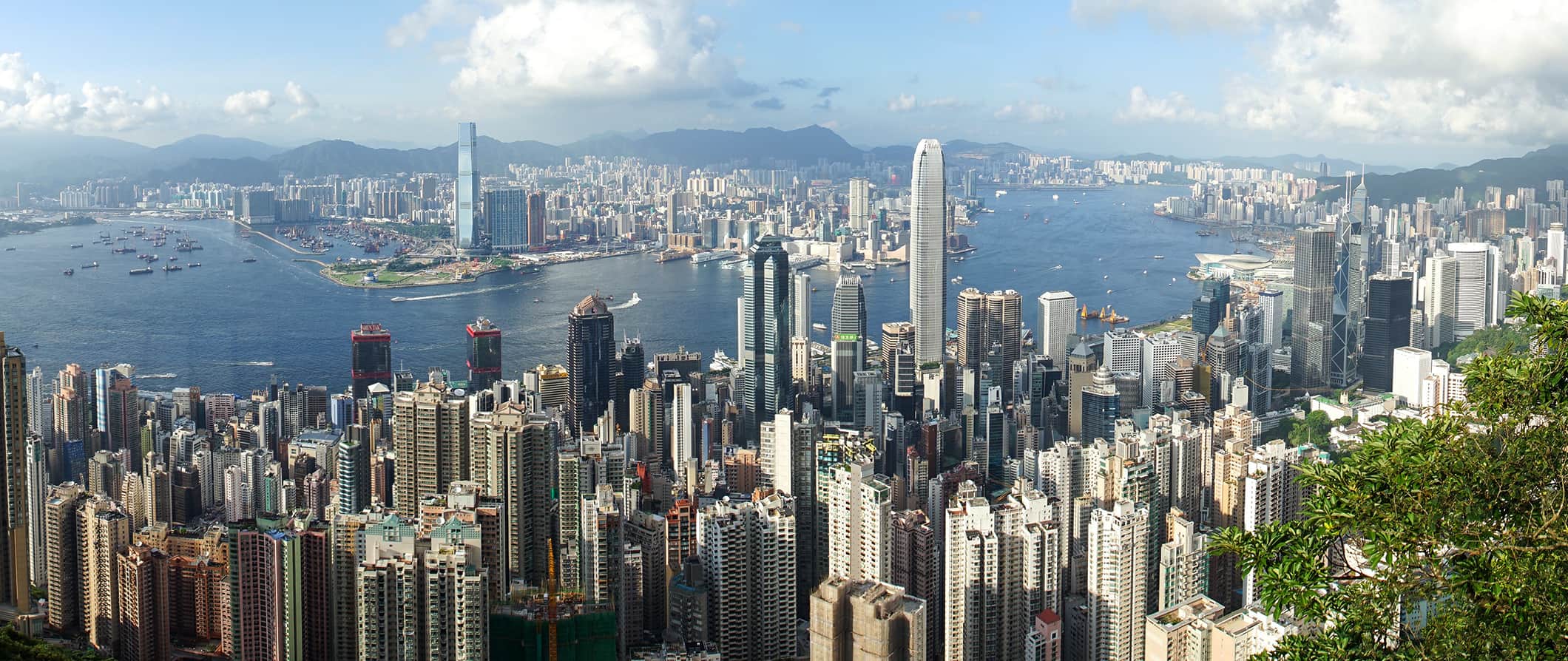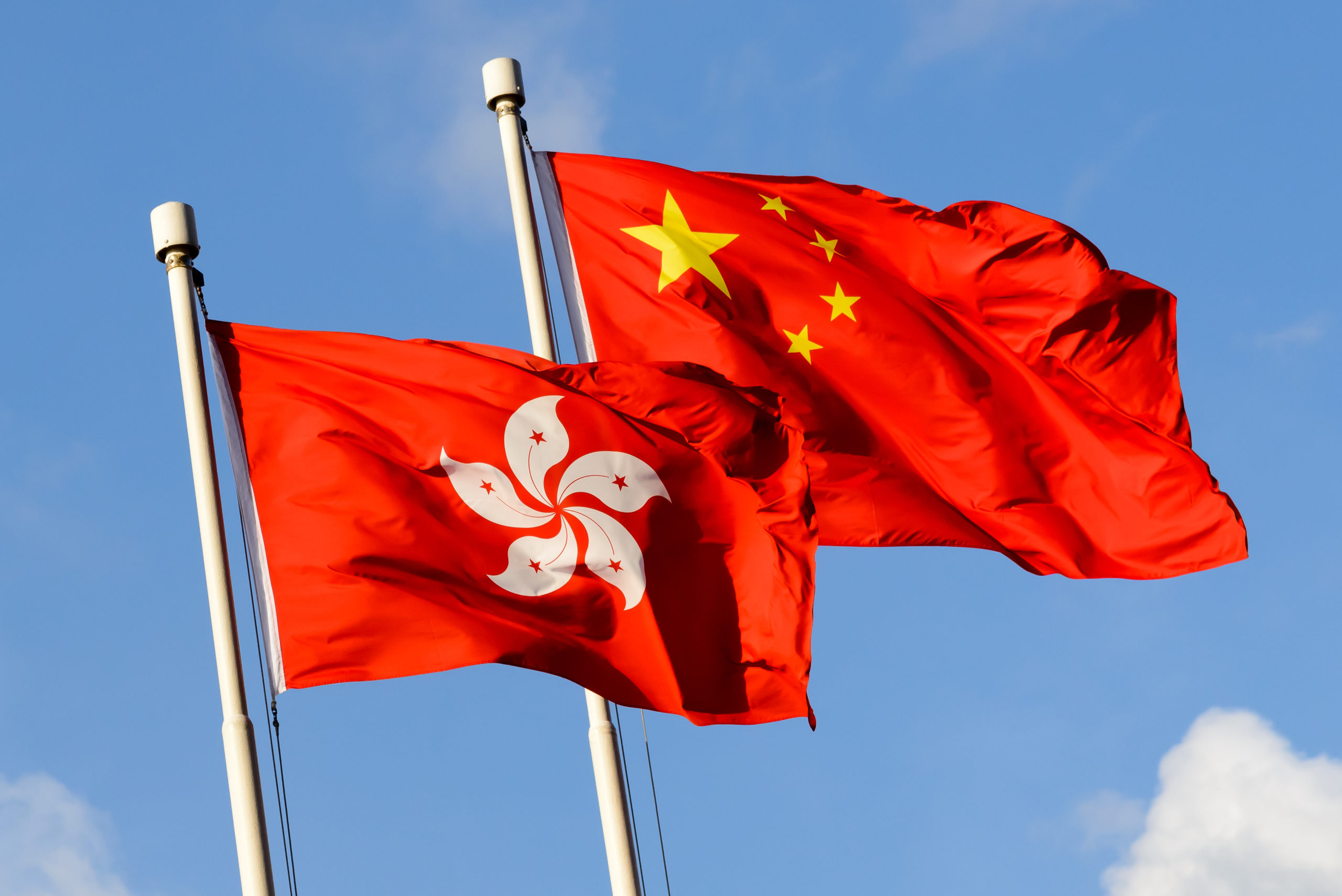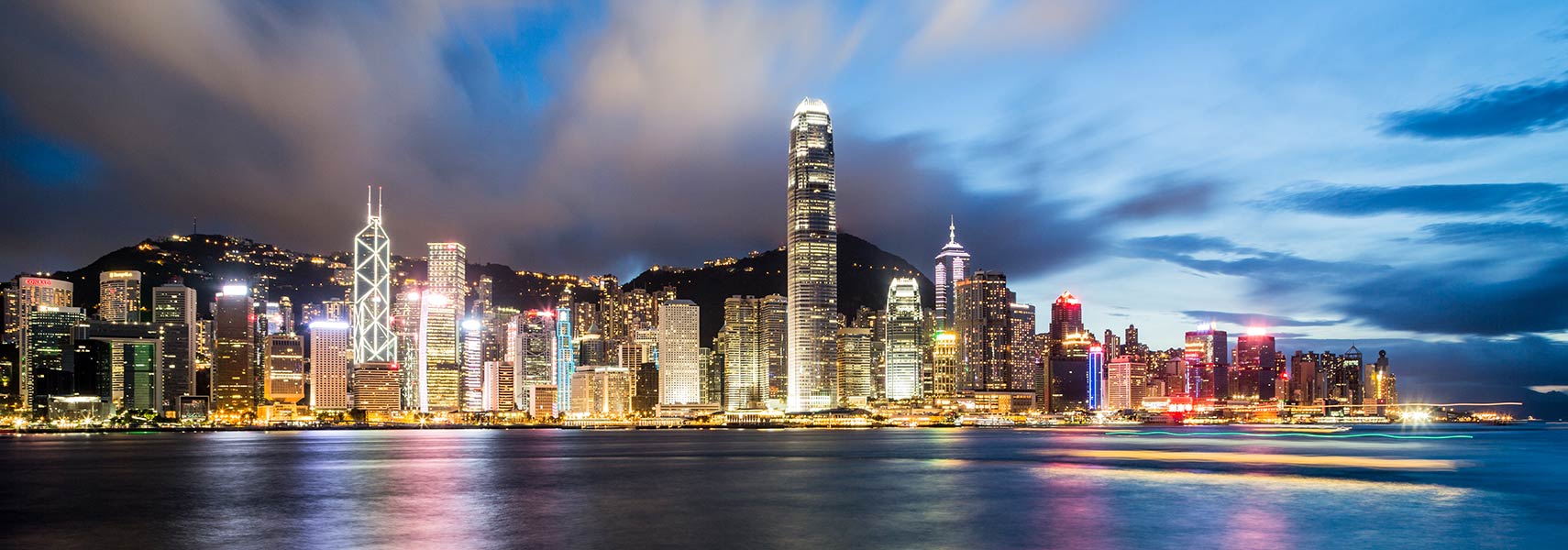
Hong Kong and China
Hong Kong and China, Nestled along the southern coast of China, Hong Kong stands as a testament to the seamless integration of tradition and modernity. This article explores the rich tapestry of Hong Kong’s history, culture, economy, and the unique blend of Eastern and Western influences that shape this vibrant metropolis.
1. Hong Kong and China Historical Heritage:
Hong Kong’s history is deeply rooted in its strategic location, initially a fishing village and later a British colony. The signing of the Treaty of Nanking in 1842 ceded Hong Kong Island to British rule, marking the beginning of a complex historical narrative that would eventually lead to the handover to China in 1997.

2. Hong Kong and China Cultural Fusion:
The heart of Hong Kong beats to a rhythm that harmonizes Chinese traditions with global influences. The cityscape is adorned with modern skyscrapers, yet ancient temples and historic sites such as the Wong Tai Sin Temple and Man Mo Temple stand as testaments to the city’s commitment to preserving its cultural roots.
3. Breathtaking Skyline:
Hong Kong’s iconic skyline, punctuated by towering skyscrapers and neon lights, is a visual spectacle that reflects the city’s economic prowess. The juxtaposition of traditional markets against the backdrop of glass-and-steel structures creates a visual dichotomy that encapsulates Hong Kong’s dynamic character.
4. Hong Kong and China Economic Powerhouse:
Renowned as a global financial hub, Hong Kong boasts a resilient and dynamic economy. The city’s strategic location, well-established financial infrastructure, and business-friendly environment have made it a gateway for international trade and finance.
5. Culinary Delights:
Hong Kong is a paradise for food enthusiasts, offering a diverse culinary landscape that ranges from traditional dim sum and street food stalls to Michelin-starred restaurants. The city’s gastronomic scene is a celebration of flavors, textures, and culinary techniques from around the world.
6. Efficient Public Transport:
The iconic double-decker trams, efficient MTR (Mass Transit Railway), and the historic Star Ferry collectively weave a network that seamlessly connects different parts of the city.
7. Dynamic Arts and Entertainment Scene:
From the glittering performances at the Hong Kong Cultural Centre to the vibrant street art in Central’s SoHo district, Hong Kong pulsates with artistic energy. The city hosts international film festivals, art exhibitions, and cultural events, making it a dynamic hub for the arts.
8. Challenges and Protests:
In recent years, Hong Kong has faced socio-political challenges, including protests advocating for greater autonomy and democratic reforms. These events reflect the complex relationship between Hong Kong and the mainland, as the city grapples with issues of identity and governance.
9. Resilience and Adaptability:
Despite facing challenges, Hong Kong continues to showcase its resilience and adaptability. The city’s ability to reinvent itself while preserving its cultural essence is a testament to its spirit. Hong Kong’s journey, with its highs and lows, continues to captivate the world and stands as a symbol of transformation.

Conclusion:
Hong Kong, with its dynamic energy, cultural diversity, and economic prowess, remains a city of contrasts and complexities. Its ability to seamlessly weave tradition with modernity, coupled with its resilient spirit, makes Situs Slot Gacor a fascinating destination that invites exploration and appreciation.
National Security Law: Impact on Hong Kong and China Global Relations
1. Hong Kong One Country, Two Systems” Principle:
The “one country, two systems” framework was promised to Hong Kong during the handover from British to Chinese rule. It guaranteed a high degree of autonomy for Hong Kong, including its legal and economic systems, for 50 years. Some residents are concerned that this autonomy is being eroded by Beijing.
2. National Security Law:
The implementation of the National Security Law in 2020 by China raised significant concerns in Hong Kong and internationally. Critics argue that the law has been used to suppress dissent and undermine the autonomy promised to Hong Kong.
3. Pro-Democracy Movements:
Hong Kong has witnessed pro-democracy movements, with citizens advocating for greater democratic reforms and government accountability. Events such as the Umbrella Movement in 2014 and the protests in 2019 reflected a desire for more democratic representation and protection of civil liberties.
4. Hong Kong Preservation of Freedoms:
Hong Kong has historically enjoyed greater political freedoms and a separate legal system compared to mainland China. Some residents are concerned that these freedoms are being curtailed, impacting the city’s unique identity and way of life.
5. Identity and Cultural Differences:
Hong Kong has a distinct identity shaped by a combination of Chinese and Western influences. Some residents feel a stronger connection to the values and systems inherited from British rule, leading to a sense of cultural and political divergence from the mainland.
6. Economic Disparities:
Economic disparities between Hong Kong and mainland China have contributed to a sense of distinctiveness. Hong Kong has a highly developed and open-market economy, while the mainland operates under a different economic system. Concerns about the impact of mainland-style economic policies on Hong Kong’s livelihoods have been raised.
It’s important to note that the desire for greater autonomy does not necessarily equate to a desire to leave China entirely. The majority of Hong Kong’s population acknowledges its place within China but seeks to maintain the promised autonomy and the values that have defined Hong Kong’s unique identity. For the latest developments, it is recommended to consult current news sources and expert analyses.
Hong Kong in the Future: Navigating Transformation and Global Dynamics
As we peer into the future, the evolving landscape of Hong Kong unfolds with a mix of anticipation and uncertainty. This article envisions the trajectory of Hong Kong, exploring potential scenarios and dynamics that could shape the city’s future in the years to come.
1. Hong Kong Economic Evolution:
The city’s strategic location, resilient financial sector, and business-friendly environment are likely to attract further international investments. As China’s economic prowess grows, Hong Kong could play a pivotal role as a bridge between East and West.
2. Hong Kong Innovation and Technology Hub:
Hong Kong and China With a burgeoning focus on innovation and technology, Hong Kong may emerge as a hub for cutting-edge industries. Initiatives like the Hong Kong Science Park and advancements in artificial intelligence and biotechnology could position the city at the forefront of technological innovation in the region.
3. Sustainable Development:
Anticipating global trends in sustainability, Hong Kong is expected to place an increased emphasis on environmentally friendly practices. Green architecture, renewable energy initiatives, and sustainable urban planning may redefine the cityscape, reflecting a commitment to environmental stewardship.
4. Cultural Resilience:
Hong Kong’s unique blend of Eastern and Western influences is likely to persist, with the city fostering cultural resilience in the face of global homogenization. The preservation of heritage sites, promotion of local arts, and celebration of cultural diversity may contribute to a vibrant and distinctive identity.
5. Social Harmony and Inclusivity:
Dialogue and understanding among diverse communities may become integral to creating a more cohesive and united society. As Hong Kong continues to navigate sociopolitical challenges, there could be concerted efforts to foster social harmony and inclusivity.
6. Hong Kong and China Education Hub:
Hong Kong’s universities are poised to further solidify their reputation as educational powerhouses. Collaborations with international institutions, emphasis on research, and the nurturing of a globally competitive workforce may elevate Hong Kong’s status as a regional education hub.

7. Hong Kong and China Smart City Initiatives:
Hong Kong and China In the future, Hong Kong may intensify its smart city initiatives, leveraging technology to enhance efficiency, sustainability, and the overall quality of life. Innovations in transportation, healthcare, and public services could transform the city into a model of urban intelligence.
8. Global Connectivity:
Global Connectivity The continued expansion of transportation infrastructure, including the Hong Kong-Zhuhai-Macao Bridge and the Hong Kong International Airport, positions the city as a pivotal gateway for international trade and travel.
9. Resilient Governance:
The governance structure in Hong Kong may evolve to address the aspirations of its diverse population. Adaptive policies, political dialogue, and an inclusive approach to decision-making could contribute to a more resilient and responsive governance system.
10. Identity Redefined:
In the future, Hong Kong’s identity may undergo a process of redefinition. As the city balances its historical roots with contemporary influences, there could be a renewed sense of pride in being a dynamic, cosmopolitan metropolis that retains its unique character amidst global transformations.
Create Article About “Nigeria and DR Congo Advance to AFCON 2023 Semi-Finals“








